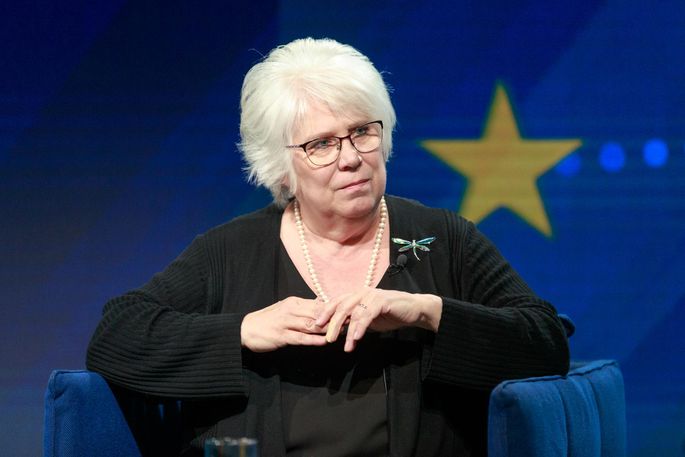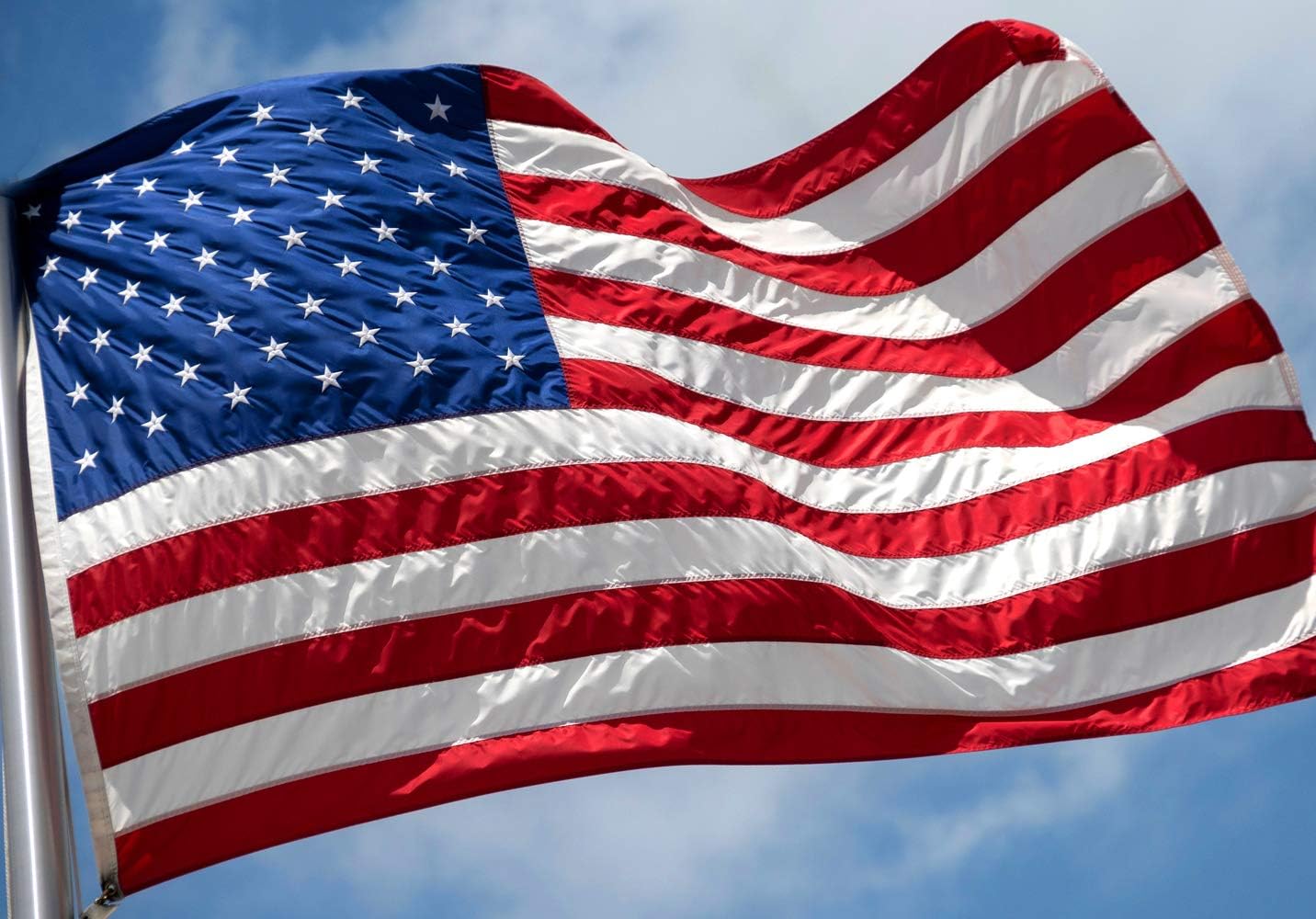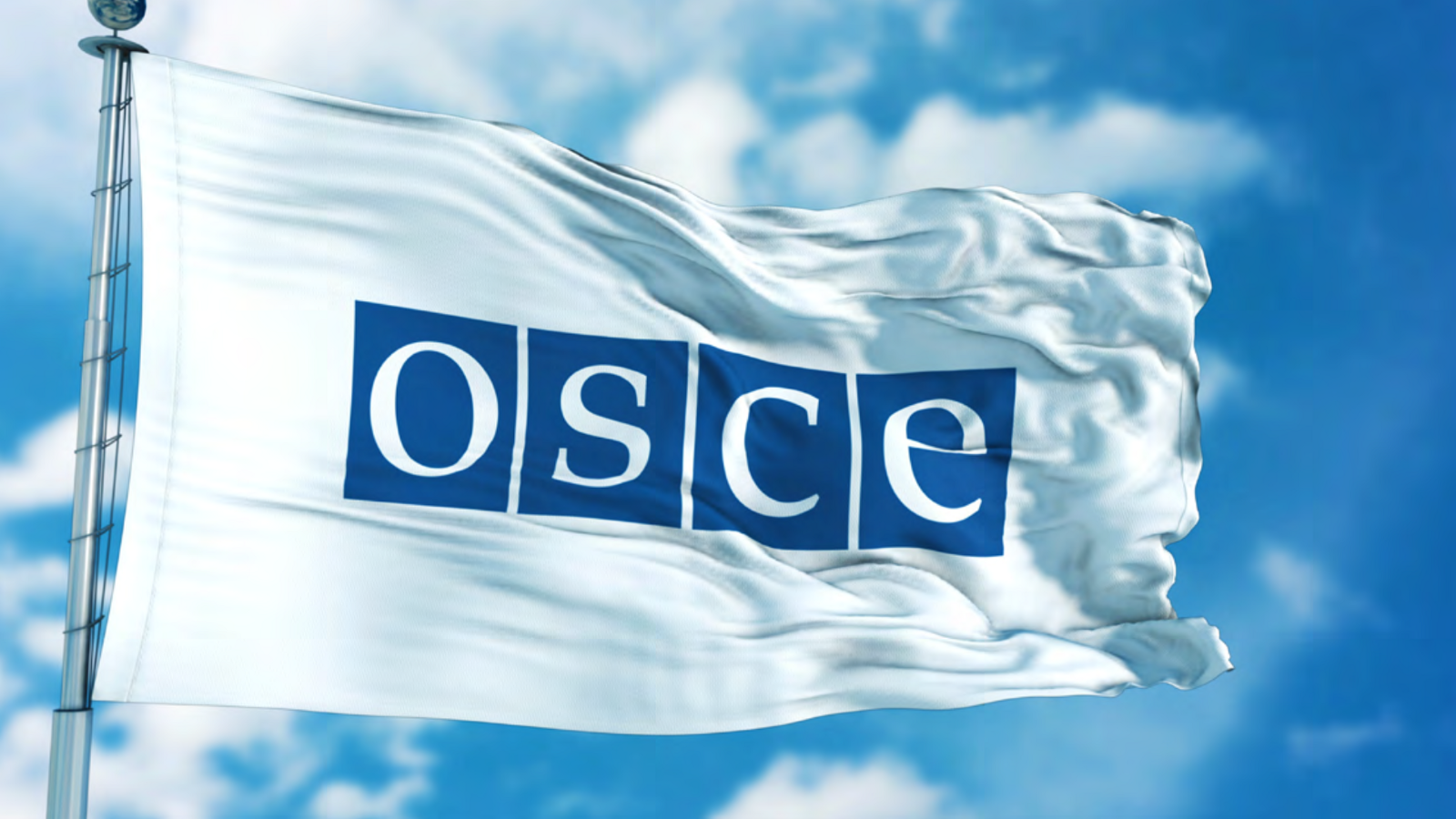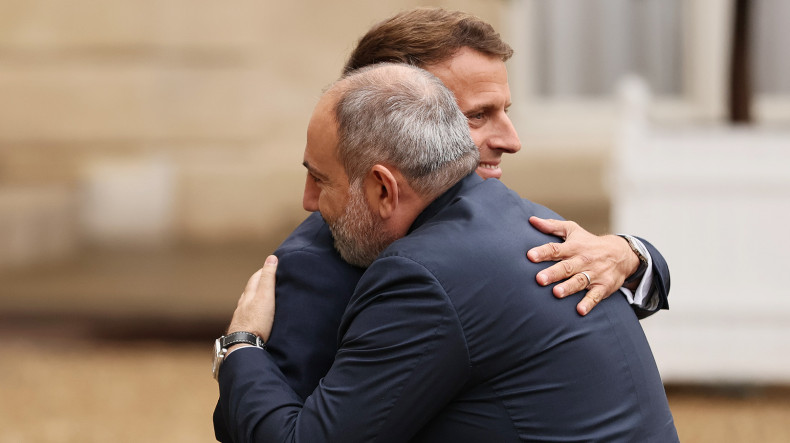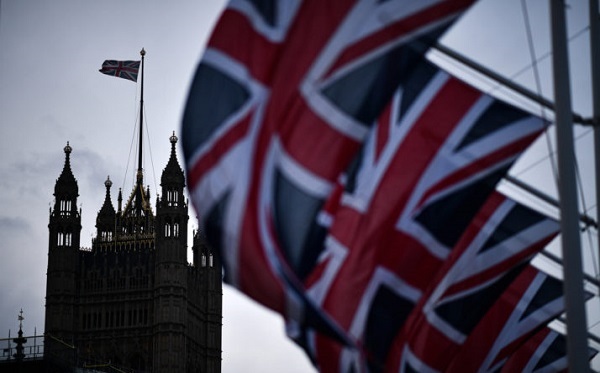The Chair of the delegation to the EU-Georgia Parliamentary Association Committee, Marina Kaljurand, "is a very strong believer in open-door policy". In an exclusive interview with Europe Time, she stated that each nation should have the right to decide their own future and which organizations they wish to join.
Marina Kaljurand speaks about Estonias example, "when nobody was expecting us in the EU and NATO. But it was a political decision. We were doing our reforms, we were trying to do our best, so we were waiting for the window of opportunity, and once it was open, we were lucky and happy to take advantage of it.
Marina Kaljurand is an Estonian politician who served as Minister of Foreign Affairs (2015–2016). Earlier, she served as the Ambassador of Estonia to the United States (2011–2014) and in Russia (2007–2011).
_Thank you for the interview. How do you assess EU-Georgia relations today?
Of course, the recent political crisis in Georgia has had some impact on EU-Georgia relations, but I would urge you today to get back on track. Of course, we are following very closely the political developments in Georgia. Next month we will be at the Eastern Partnership Summit. In the autumn, we can look into more details on how far we are in this process.
_As it is known, Georgia, Ukraine, and Moldova have signed a memorandum on establishing the Associated Trio. How do you evaluate this step forward by the trio of countries?
I would urge you to try all the ways. All methods if it is your aim to have closer integration with the EU. So the cooperation among these three countries is a good thing, but you should also continue your bilateral efforts because the Eastern Partnership is very clear. It provides as much as the Eastern Partners are interested in, and they cooperate in the fields they want to cooperate in.
Of course, also for democratic reforms. So, my advice would be to take advantage of all the different formats: the Eastern Partnership as such, the trio as such, and bilateral relations as such.
When we are talking about a new format, I think about the close integration of different policies. I had a very good meeting with the speaker, Kakha Kutchava, and he told me that Georgia's future is in accordance with the same projects that we have in the EU. For example, the green deal, digitalization, and economic reforms. So you're trying to align yourself as closely as possible with the policies of the EU.
I think this is a very smart approach because it means that we are developing new actions together very quickly, and I think, for example, economic cooperation, there is a lot we can do at the moment. So the economic status of Georgia should be like we have in Norway, Switzerland, Iceland. So, I believe that aligning different policies and formats is also very important.
_What should be the main tenets and ideas of these three (trio) countries' new way of life?
You should agree among yourself. But I do not see how there can be any closer integration without continuing democratic reforms. The international community and the EU are looking toward judicial reforms in Georgia, constitutional reform, and electoral reform in the same way they are fighting corruption in Ukraine.
There are so many reforms where these three countries are on a different level, on advisement. So, while exchanging best practices, exchanging information, and cooperating at that level may be preferable, the EU, of course, urges you to continue with the democratic reforms. like to also say that I think it is important to draw from my country's experience when Estonia was exceeding the EU. For a long time, we were doing reforms to enter the EU.
We were not doing that for the EU. We were doing it for our people. So I urged these reforms not because the EU demands it or because the EU wants you to do it. It is just because people want it, and they said it very clearly: they want to live in a society that is very much like the EU, they want to be a part of the EU, they want to be members of the EU. So, continuing the reforms is crucial not only for the EU but also for your people.
_Georgia plans to apply for EU membership in 2024. How do you view membership prospects, given your statement that there is no consensus in the EU?
I am a very strong believer in the open-door policy. I am a firm believer that each nation should have the right to determine its own future and the organizations to which it wishes to belong. And again, I come from Estonia. Trust me, we have been through that at the beginning of the 90s when nobody was expecting us in the EU and NATO. But it was a political decision. We were doing our reforms, trying to do our best, so we were waiting for the window of opportunity, and once it was open, we were happy to take advantage of it.
So my message is to not give up your dream of becoming an EU or NATO member, be prepared, continue reforms, but at the same time, I urge you to be realistic. I do not see consensus in the EU or NATO. Membership is a political consensus. I do not see the consensus in the political parties in the European Parliament. I do not see a consensus among member states. There are very different opinions to the contrary. In Brussels, some states are still saying that enlargement in 2004 was a mistake.
So there are so many different opinions. You should be determined to convince the skeptical ones that you deserve to decide a point in the future and that you deserve a unilateral political consensus decision. I do not want to speculate and predict, but personally, I do not think so, because I am speaking of the reality we have today.
If it happens, I will be the first one to greet you as a member of the EU and I will be very happy for you, trust me. But I also want to be realistic and frank about the present situation. That’s why I was saying that I think that Georgian leadership should pursue its ambitions but also keep realistic expectations so the people will not be disappointed if they do not get a message by 2024.
People will understand it is a process and one day the window will be open. I do not know when, but we should work together for the Georgian people as soon as possible.
_We can hope that something will change in the next three years... it has been a long time before
I agree. That’s why I do not speculate. I am speaking on behalf of the knowledge that I have today. I am a diplomat and former foreign minister, so I have seen how the accession decisions will be made previously, so that’s why I am trying to be realistic. But you should do everything possible to enter the EU and NATO.
You should be persistent in convincing those who are hesitant. It is not about Estonia, because Estonia supports Georgia anyway, but about the countries that are much more hesitant, and I know that they are the big countries of the EU that do not have a treaty of accession today.
Just remember what President Macron said. Look at the election in Germany. We do not know the result yet, but we do know the political landscape that will be there after that. We heard the commission's position on enlargement, so these are the signs that have to be taken seriously about – "yes". You have to try everything. You have to do everything to fulfill your dreams.
We know that Russia has applied various methods to create a hybrid war against many countries, including Georgia. There are some expert opinions that say the European Union has a more constructive approach. What is your view of these relations, especially amid growth-based aggression from the side of Russia?
In 2008, when war broke out, I was Estonian ambassador to Russia (2007-2011). I was an Estonian ambassador in 2007 when Russia had a cyber attack on my country. So I'm not naive about Russia, or about Cyber Challenges, or about information operations.
I personally experienced that for years as an Estonian ambassador to Russia. By the way, when Georgia was Russia's enemy number one and I was the Estonian Ambassador to Moscow, we served Georgian wine in my embassy. Since Georgian wine was forbidden in Moscow, we brought it from our supermarket in Tallinn and we served it at the receptions. So I called it a little wine diplomacy in 2008. As for the EU, I think our relations are at the lowest with Russia, but at the same time, they are very frank and open.
The visit of Joseph Borell to Moscow, as well as the press conference, were eye-openers for many Western countries hoping for or already having partnership relations with Russia.
If you remember, the press conference was embarrassing and Lavrov made it very clear that he was laughing and not taking seriously the EU, its aspirations, human rights protection, the rule of law, and EU principles. That is reality, I think the principles of how we cooperate with Russia should be reviewed, but the basics should be the same.
Yes, we have to cooperate with Russia on some topics. Mutual interests, the environment, crime, terrorism, are topics where we can cooperate. Second, we should not close our eyes to things that are happening in Russia. That’s why I am really proud that the EU is still united behind the sanctions introduced for Crimea, as well as the sanctions that followed the arrest of Navalny and recent developments. So, we should continue to remember the things that we do not think are right in Russia.
Third, we should continue supporting exchanges, free media, and opposition, because I believe that this is the best way of advancing young people, not to live in society, but to see how democratic societies are functioning and what it means to be a member of the EU. I think this is the future of the younger generation.
I do not agree with all the political statements of Navalny, but he has the power to bring the opposition together. Something I did not see in Russia is that the opposition will not reach out to people in the same way that Navalny and the opposition are, and, of course, very concrete and strong responses on cyberattack and information operations; we have the same goal, we have been targets of Russian cyber operations, and we can cooperate very closely here. So, I am really proud that my country has been supporting Georgia.
During the war in 2008, I was a cyber expert, and we developed cooperation projects. Georgia is our priority for developing cooperation. So I am really proud that my country is a good friend of Georgia.
_The NATO Summit will be in two weeks in Brussels. What could you say about Georgia's expectations?
It is a very good question because we all remember the Bucharest summit, which said that Georgia and Ukraine should become NATO members and the next steps should be MAP and you do not have it after 13 years later. The NATO Summit will be in two weeks in Brussels. As with the EU, I would urge you to present your position to work towards receiving positive signals and positive answers from NATO. So, as I have said with the EU, that is a future your people have chosen. And you, journalists, politicians, and civil society, should work in the service of your people and towards the dreams that your people have expressed. So, you have the support of many friends in the EU and NATO.


